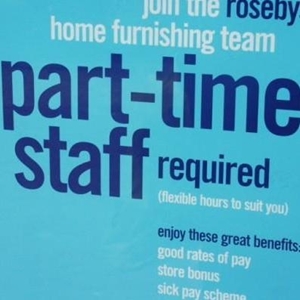
In an effort to save on operational costs stemming from having to provide their workers with a specific type of employee benefits, many people who are now working 40 hours per week will see their hours slashed in the coming months, according to the assessment of a recent report.
Earlier this week, the Congressional Budget Office released a new estimate about how the economy will function in the future. One of the issues that could result is people being on the job for lesser amounts of time, with hours of work expected to fall an estimated 1.5 percent to 2 percent between 2017 to 2024.
Though there are many potential reasons for why this could happen – including workplaces deciding to slash hours to less than 30 hours per week, which could prevent them from the employer mandate – the CBO reported that it would likely stem from low-wage employees opting to surrender extra hours so that they can apply for subsidies to help pay for the cost of coverage.
"[The] CBO report gives a sobering outlook on our economy," said Tennessee Sen. Bob Corker in a press release, according to The Washington Post. "It confirms what we've known all along: the health care law is having a tremendously negative impact on economic growth."
When the report was unveiled to the public, CBO director Douglas Elmendorf testified before the House Budget Committee. He told the assembly of legislators that the health care law, ultimately, makes it more attractive to work less.
"[B]y providing heavily subsidized health insurance to people with very low income and then withdrawing those subsidies as income rises, the act creates a disincentive for people to work – relative to what would have been the case in the absence of that act," said Elmendorf.





